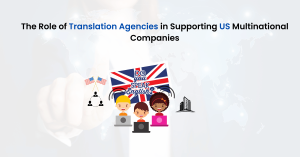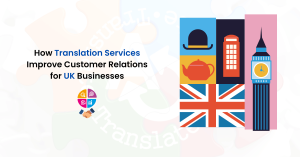World of people living on Earth, beautiful and unique, because it is constantly in motion. Only the languages of nations and nationalities of large and small events are stored in the memory long years. World map shows the name of the oceans, seas, mountains and rivers, and immediately pop up stories in memory of their discoveries. The state of their city, even the smallest streets have names.
As more carefully people refer to their mother tongue as more respect worthy of this nation. People meet, learn, communicate, negotiate, and seek understanding and support at the level of inter-ethnic communication. Languages accept new concepts, new words and expressions. Interestingly, the English language has absorbed so many words from other languages, that it is not surprising that this language gradually became the language of international communication, along with other recognized working languages of the UN.
In order to communicate adequately, you should know the language etiquette. Paperwork, form of address for the recipient, business proposals, resumes, invitations – all must comply with the protocol. Knowledge of business (formal) English language greatly facilitates the conduct of business, the device for work, study and stay in countries where English is the official language.
The role of spoken English has increased with the development of communication on the Internet. Chat rooms, forums are filled with abbreviations and slang words. The informal style of communication becomes extremely short: there is a reduction of auxiliary verbs and negative forms; sometimes an excuse used in the end, while in the dialogue is not pronounced some words that by the rules of English language etiquette are all required.
English language courses teachers pay special attention to the nuances of behaviour and good manners when communicating in different situations. Polite English, perfect costume plus professionalism may be the key to a successful career in a reputable company. International tourism pushed the boundaries of the official use of English (formal) language. If in aviation, in navigation, this language is officially recognized as the formal language of communication at the international level, in other areas of the negotiators, transactions, contracts, choose the most suitable.
Every nation in its own way expresses respect for the other person, especially when they first met. Politeness, punctuality and fluency in English (formal) and other languages professionalism needed in the business world.







